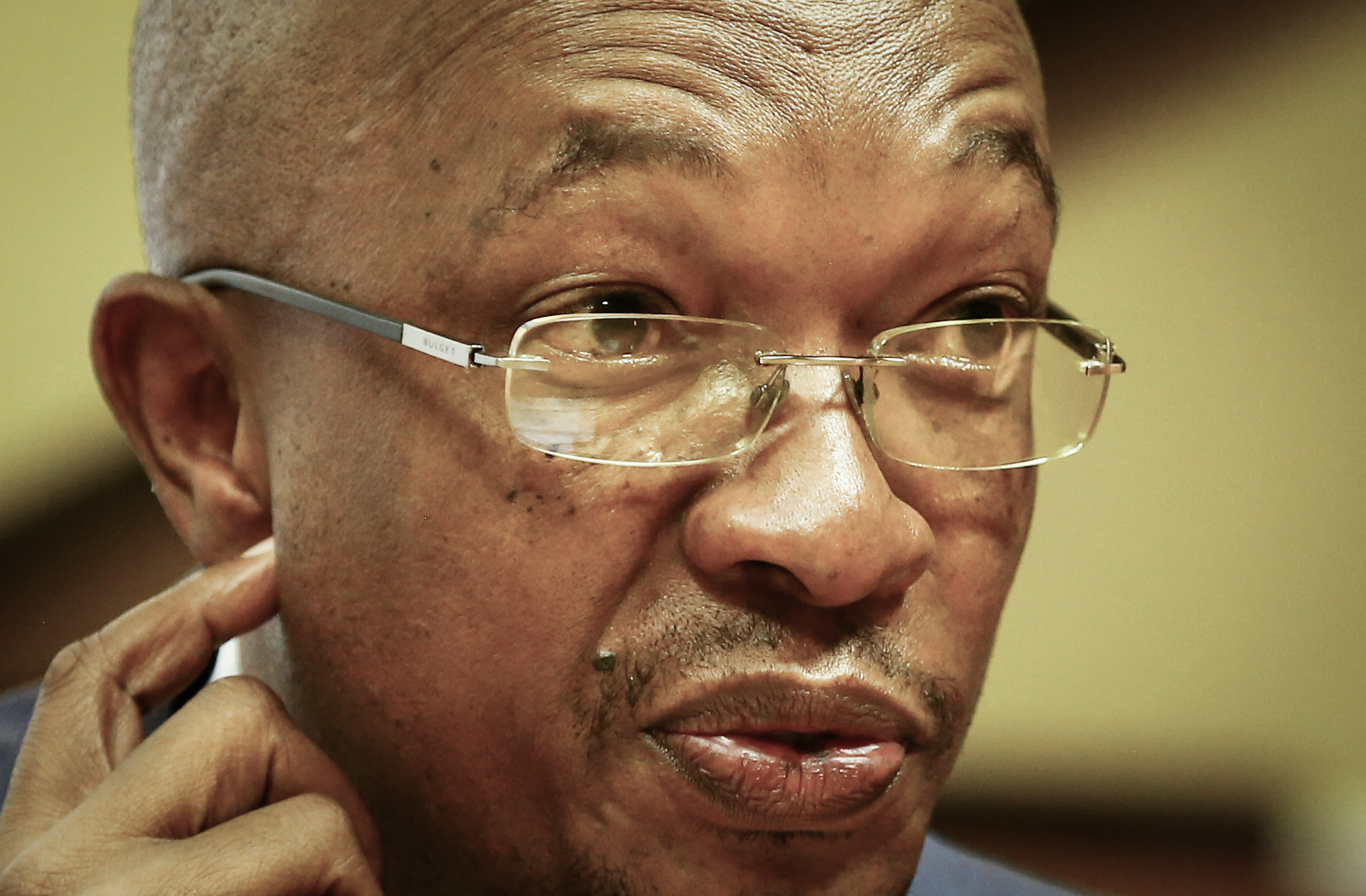In a move that has sparked widespread controversy, Trade, Industry and Competition Minister Parks Tau has unveiled plans to establish a R100-billion “transformation fund” aimed at bridging the financial gap for marginalised communities, those living in rural and township areas, including black South Africans, women, young people, as well as people with disabilities.
On Tuesday, 21 January, Gerhard Papenfus, chief executive of the National Employers’ Association of South Africa (Neasa), issued a statement saying they are “extremely concerned over the notion of such a fund even being considered to be placed in the hands of the ANC”.
According to Neasa, the Black Economic Empowerment (BEE) codes already require businesses to contribute 3% of their net profit after tax towards enterprise and supplier development “i.e. black business. This in itself is outrageous. At this stage, the codes permit business to identify its own avenues to direct these funds into, providing that the beneficiaries fall into the ‘black’ category,” Neasa stated.
The association said this development may lead to disinvestment from multinationals, since their existing contributions of up to 25% of their South African holdings towards transformation purposes would be redirected to the government’s enterprise development fund.
The DA too rejected the fund, calling it a “new, unlawful R100-billion, race-based BEE Transformation Fund”.
The party said it “will not support this madness”.
“The minister’s plan to impose further obligations on the private sector through the B-BBEE codes and force companies to contribute to this fund or face penalties is not only uncompetitive but also illegal. The government cannot create such a fund without first obtaining the explicit approval of Cabinet, especially when it effectively introduces a new tax on the private sector,” it said.
“Black economic empowerment is not law.”
This sentiment was echoed by Paul Janisch, managing director of Caird Holdings, a consultancy that focuses on Broad-based BEE strategies, who told Daily Maverick: “Black economic empowerment is not law in that it is binding on businesses wanting to do business in South Africa. In fact, as a law the BEE codes of good practice are only binding on government entities and SOEs. It’s a voluntary process for everyone else that has become a necessity to do business.
“You could always choose not to do business with those government and private entities that require some form of BEE compliance. Hence your average consumer-orientated business does not worry about BEE (unless it requires a licence to do business in some cases).”
Janisch said Tau wants to mandate that all companies who contribute to enterprise and supplier development contribute to his fund, which would add a dimension of compulsion that would require some amendment to the codes.
He believes the transformation fund won’t work because BEE as a policy is fundamentally unconstitutional, a concern he has previously written about.
“Then you have the issue that this fund is managed by the government and the private sector. This is a massive issue. No one trusts the government and it would go out to tender, and goodness knows who would (trust the government) with this tender. History shows that often the winning entities have little or no track record to do the work,” Janisch said.
“The potential impact of the fund on black-owned and women-owned businesses, if managed by the government – disappointment.”
‘Step forward’
In contrast, Kganki Matabane, the CEO of the Black Business Council, views the transformation fund as a necessary step forward.
“The fund is a necessary intervention by Minister Parks Tau. Economic transformation through B-BBEE can’t be effectively implemented without the accompanying funding. Where will black people, who were excluded legislatively from participating in the mainstream economy (and are still excluded today), get money to fund their participation in their own economy?”
Matabane explained the primary goal of the fund: “It is to consolidate existing B-BBEE funds, which are currently fragmented and siloed, to maximise their impact. It may not require legislative changes and does not involve imposing additional taxes as some, who are anti-transformation, have suggested.
“What the minister is doing is to rely on current legislation. The codes of good practice on B-BBEE already provide for a 3% net profit contribution from measured companies to be spent on enterprise and supplier development in terms of the B-BBEE scorecard. There are also equity equivalent funds that companies who are not able to sell their shares to black people spend as well as fines that are imposed by the Competition Commission on companies found guilty of blocking the entrance of new enterprises into the economy,” he said.
Supporting this stance, Matthew Parks, Cosatu parliamentary coordinator, said they “support measures to promote B-BBEE.” However, further clarification was needed on the minister’s announcement. “There’s a need to avoid duplication and also to avoid undercutting existing programmes that are working well.”
The Department of Trade, Industry and Competition had not responded by the time of publication. DM





